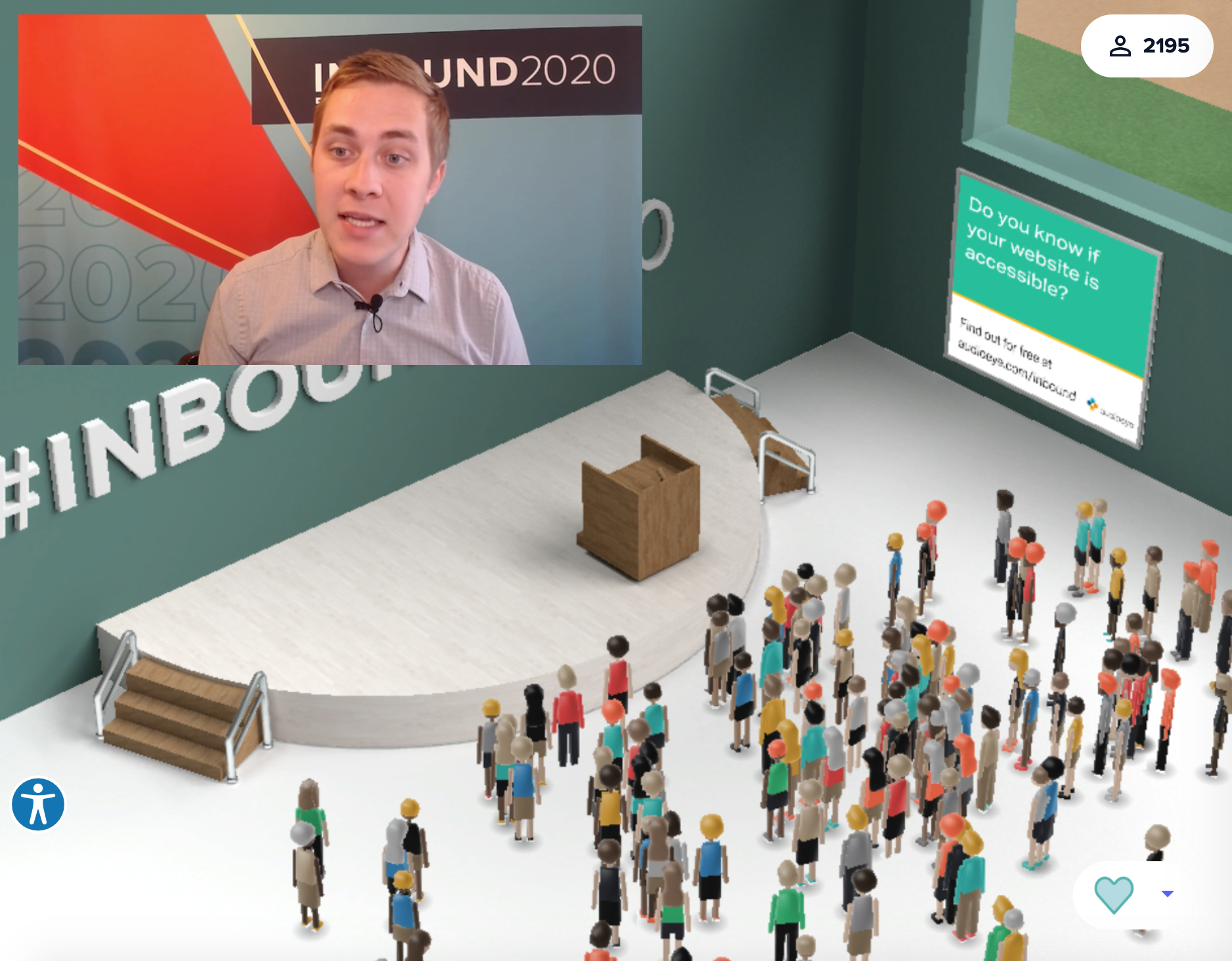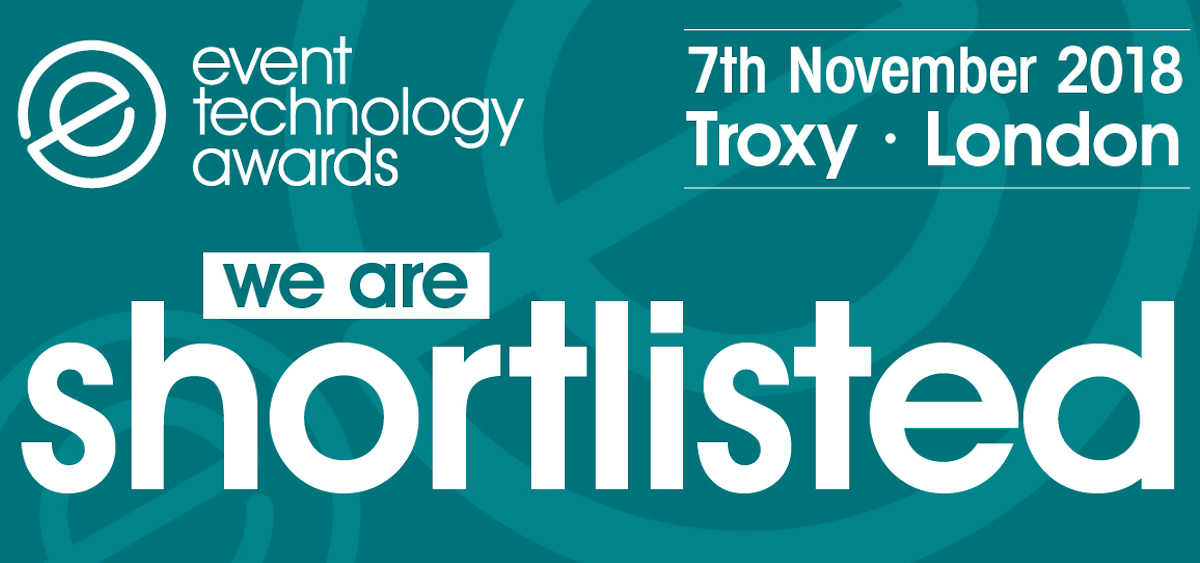The events industry is at a crossroads.
As Michelle Russell describes, “The pandemic served as a wake-up call to the meetings industry, but perhaps we’ve hit the snooze button. Rendered impossible by COVID, face-to-face events have since returned with a vengeance — and in all too many cases, in rinse-and-repeat mode.”
This begs the question: What needs to change in the post-pandemic world to ensure the events industry thrives?
At the same time, we’re noticing a general discussion in the industry about disjointed event technology and its costs.
This is due, in part, to the proliferation of software options over the last two decades. The software boom has had major benefits, but this new era of technology has led to new challenges.
Case in point: Alex Ponomarev’s article about the disjointed software dilemma adds an insightful perspective.
Ponomarev states, “Essentially, we’re solving the same problems I was working on 20 years ago, only the variety of tools that need integration and interoperability is much larger” (emphasis added).
He points out that, despite claims otherwise, more software has actually created more manual work.
To illustrate this point, Ponomarev shares a made-up employee scenario: “Mike” receives an assignment from his boss. He uploads a presentation file to Google Drive, adds the assignment to Asana, emails the client with the file, creates a meeting that auto-syncs with the CRM, and logs notes in Notion.
Despite leveraging multiple tools, Mike spends as much time—if not more—juggling these systems as he does on the actual client work.
The financial implications of this dilemma are staggering. If this fictitious company has 100 employees earning $60,000 per year and half of their time is spent on manual work across disjointed systems, the company is losing $3 million annually in productivity costs.
Left unchecked, the financial drain from disjointed systems can take a significant toll. From reduced profits and growth opportunities to struggling to keep up with nimbler competitors, decreased employee morale, and an uphill battle to scale, excess manual work from so-called “time-saving software” can limit a company’s full potential.
“Companies are rightly investing billions in IT to try to solve these problems,” Ponomarev acknowledges. “But it requires a holistic approach to systems integration and workflow automation. There are no simple plug-and-play solutions.”
Again, the main problems with software proliferation are integration and interoperability. The bottom line: Failure to solve these problems costs companies millions.
This leads us to the thesis that if technology is going to provide a meaningful solution for the events industry, it needs to focus on the core fundamentals of event planning, not on shiny new innovations.
More technology alone is not the fix. Better technology is the fix.
There are more options available for event planning software than ever before, all making similar claims—saving time, money, and headaches through centralization and automation.
Event software companies are adopting an “everything and the kitchen sink” approach to product features in order to stand out in a sea of sameness. Because more is automatically better, right?
However, when it comes to event management software, only a subset of features are used by all event planners: registration, communication, and scheduling.
When it comes to identifying event management tech that’ll actually deliver on its promises, we want to pose the following questions:
1. When it comes to event planning software, are more features always better? Or is there an argument to be made that fewer, better features is more important?
2. If you’re a planner who has purchased event scheduling software with all the bells and whistles, are you truly getting the outcome you’re looking for? Is the software actually making your job easier?
It’s our view that excellent events rely on strong fundamentals. This takes us back to Ponomarev’s point about working on the same problems as 20 years ago, but with more software options than ever before.
This is why EventUp Planner focuses on the core pillars of event planning and improves those workflows. It doesn’t look to solve problems just to solve them, or create problems where they don’t exist. You get what you actually need to do your job better and more efficiently.
This doesn’t mean that the events industry doesn’t need to change and that sacred cows don’t need to be culled. But in so many cases, the fundamentals of event planning remain the same.
Nonetheless, you can’t throw more software to fix a problem that is caused by too much software in the first place.
Instead, you can replace disjointed software with better, more integrated software that has already mastered the fundamentals.
It’s time for the events industry to shake off its disjointed technology problem. EventUp Planner ensures you and your team are well supported with event management software that gets back to basics so you can focus on your true zone of genius. Learn more to see how others are bringing event fundamentals together.
Let's Talk!
Tired of juggling multiple tools? Centralize your event planning with our powerful, unified software. Discover how EventUp Planner can help you and your team today.





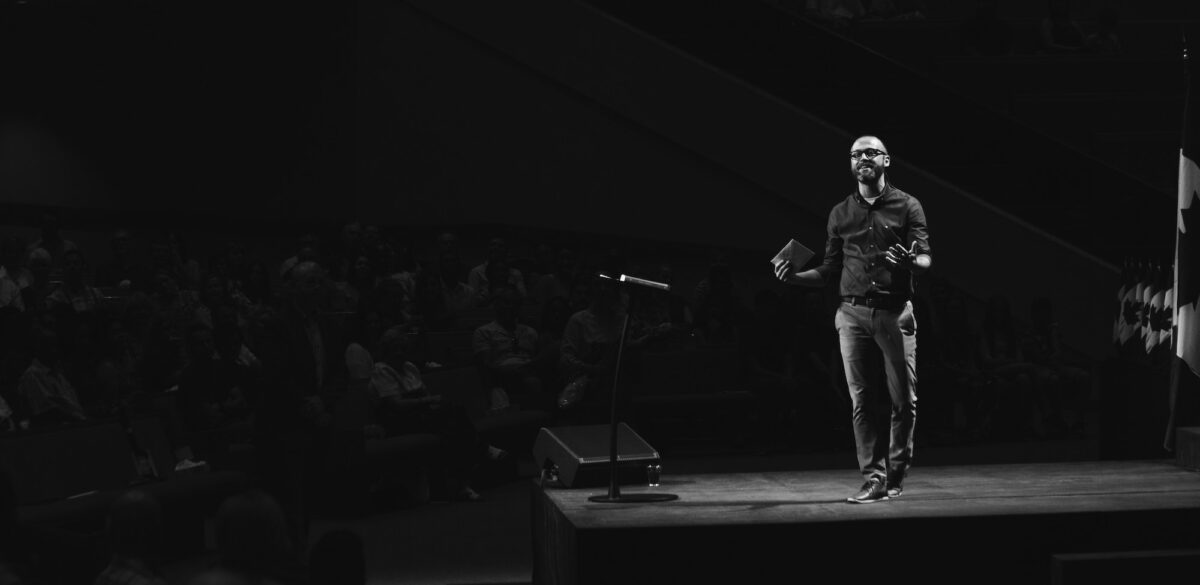
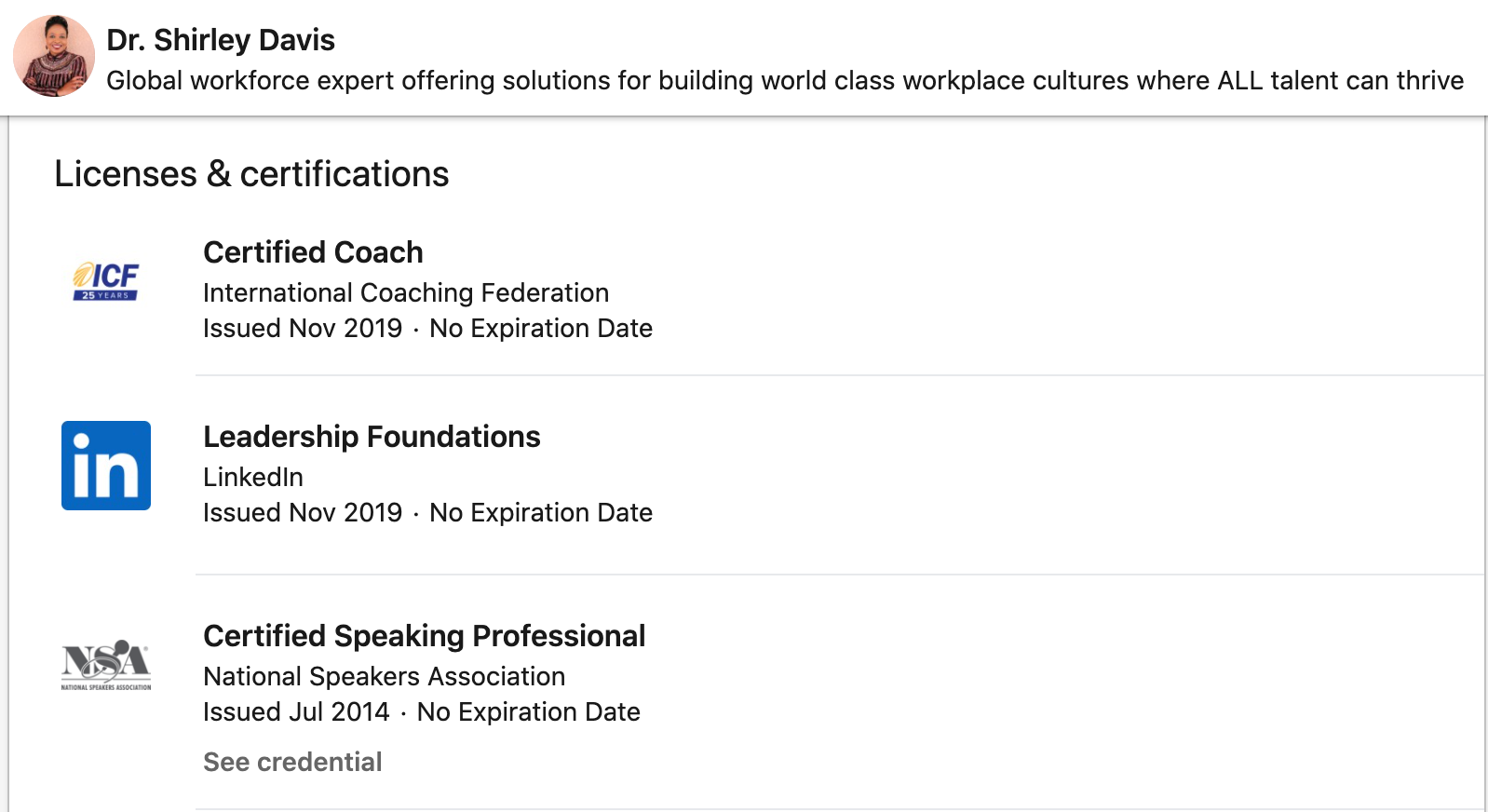
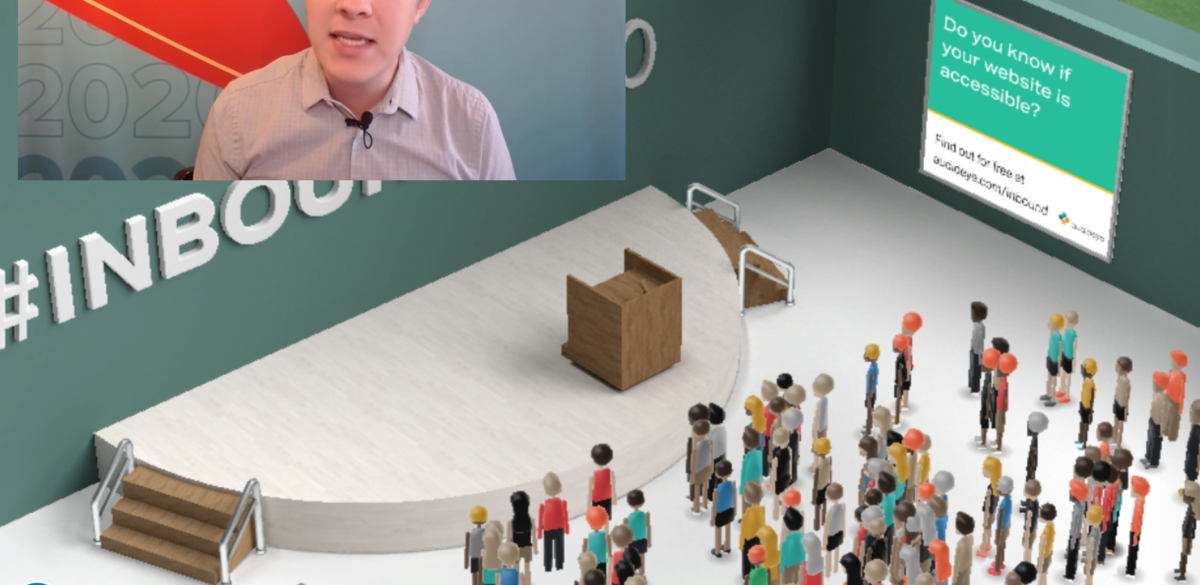
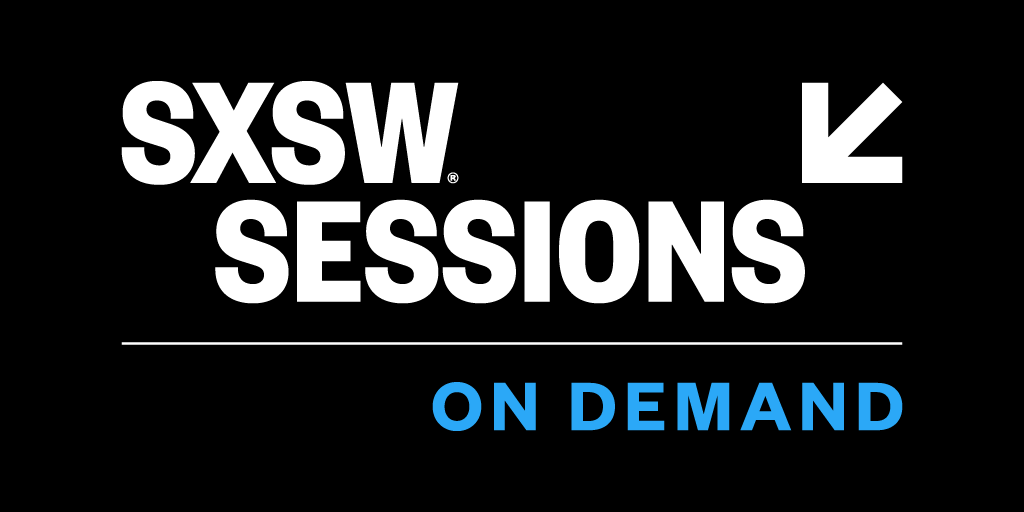 SXSW (Austin, Texas – March 13-22)
SXSW (Austin, Texas – March 13-22)
